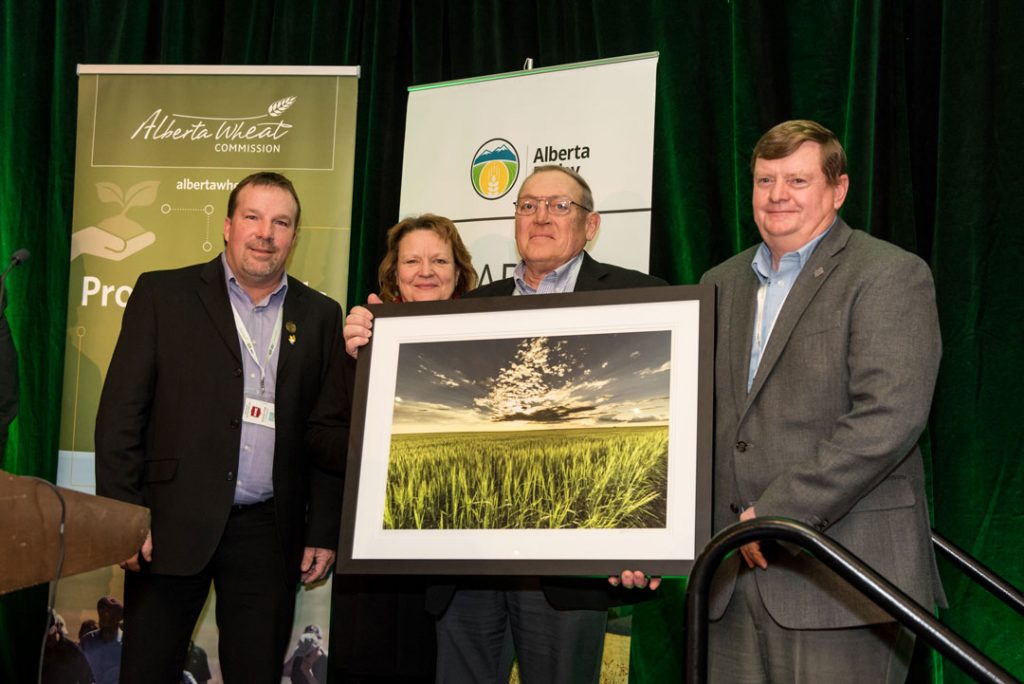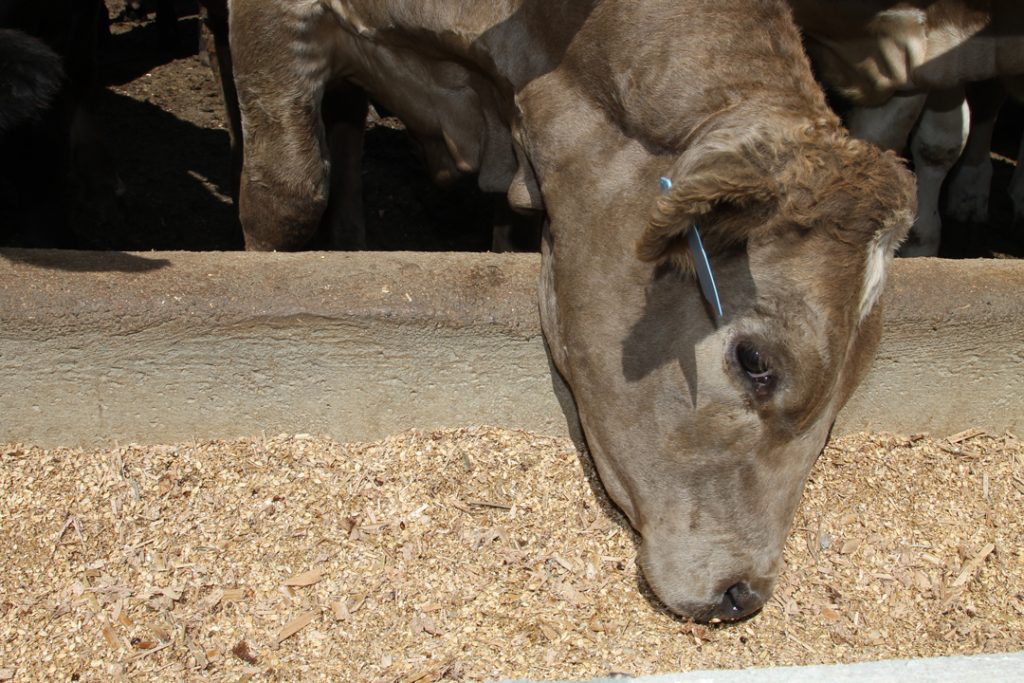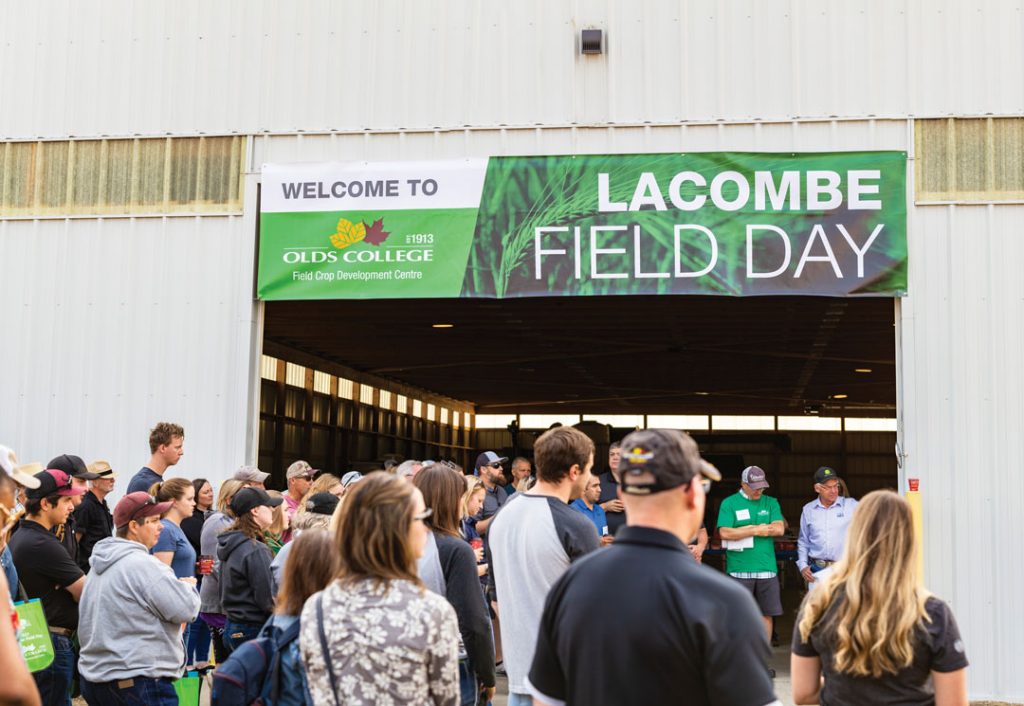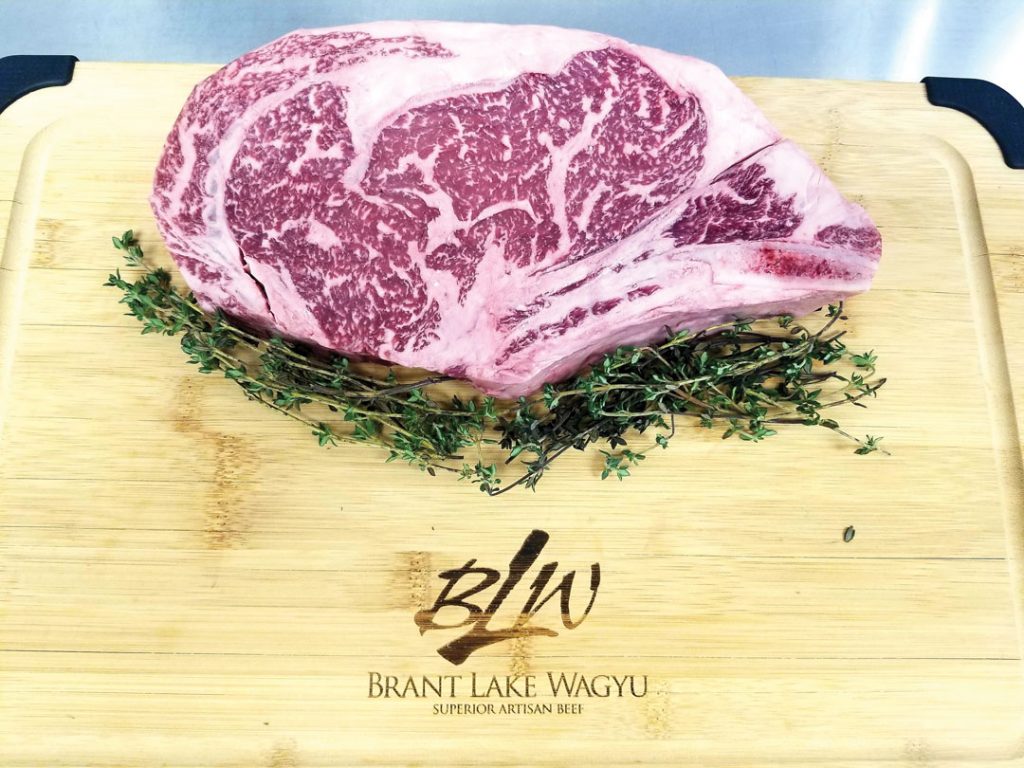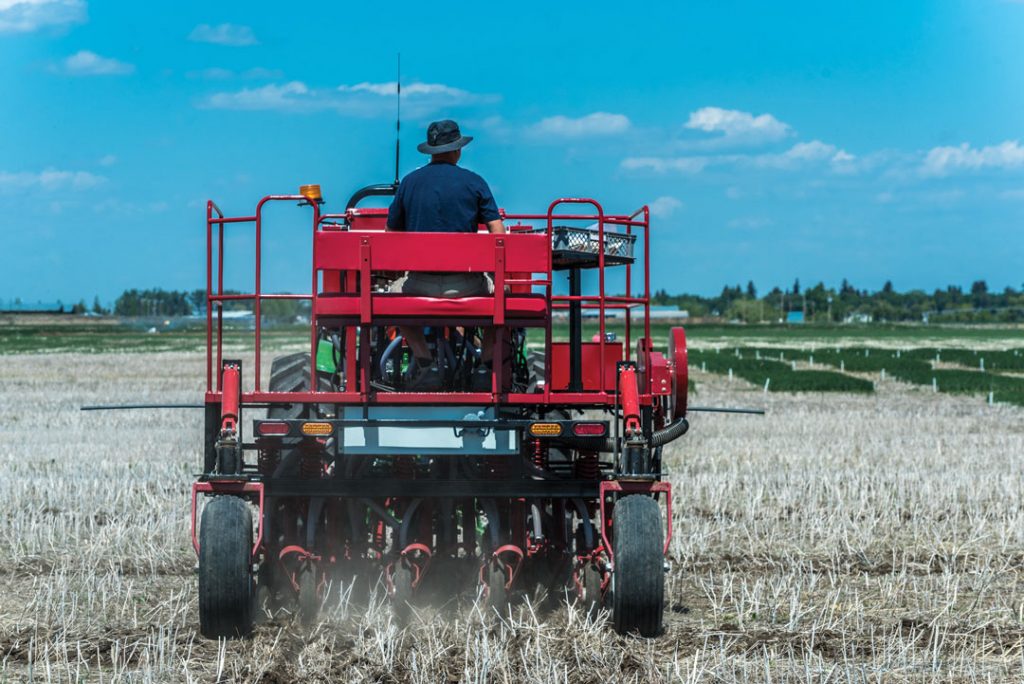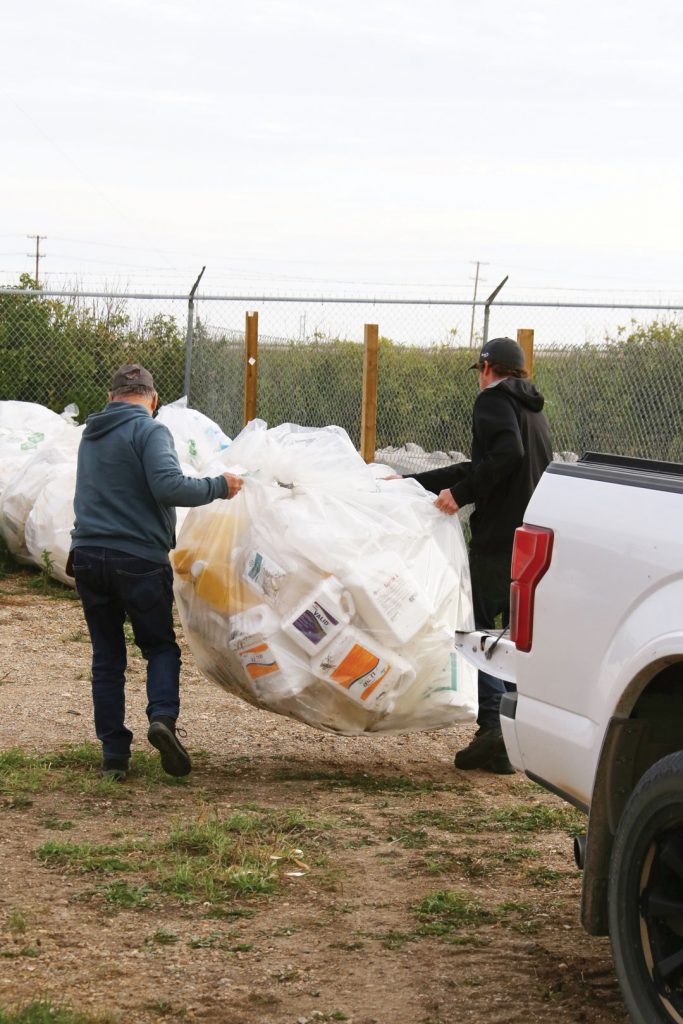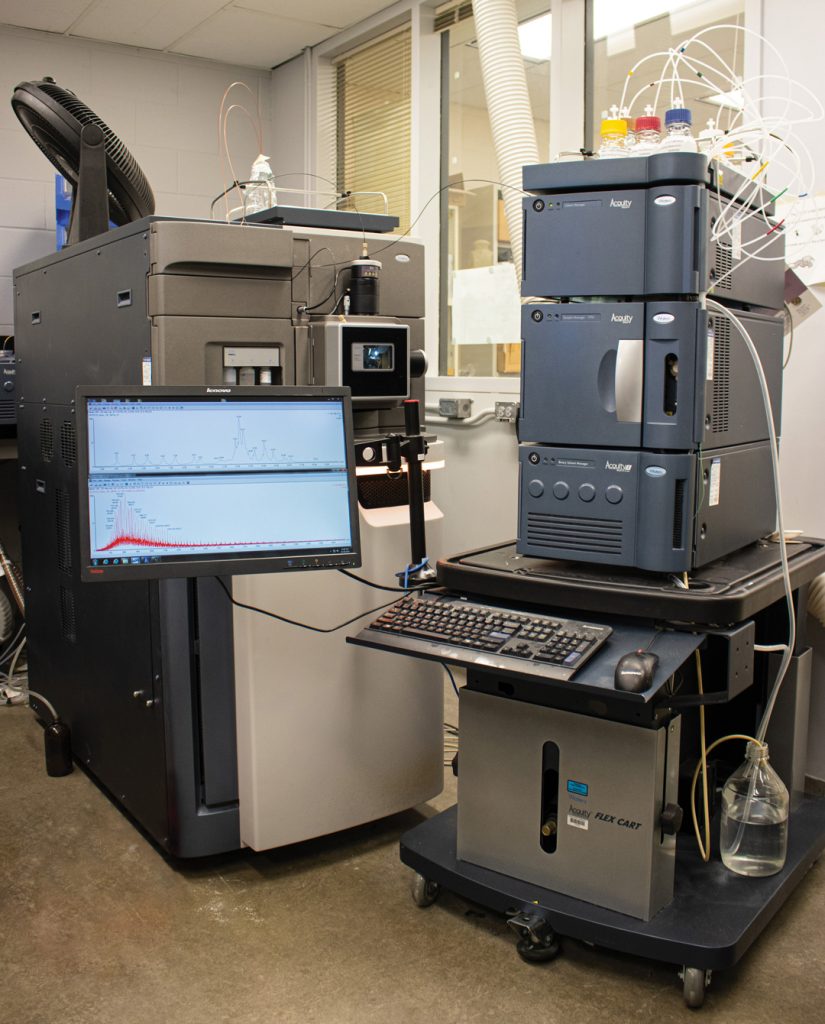When Olds College assumed management of the Field Crop Development Centre (FCDC) from Alberta Agriculture, Forestry and Rural Economic Development this past January, management and staff jumped into action. The College took on the support of FCDC breeding programs and amalgamated those employees into its own team. Over the course of just nine months, the College also developed a new strategic direction for the venerated crop breeding institution. In September, its board of governors approved the draft plan for the new strategy. Over the coming months, the College will develop a rolling three-year business plan that will put the new guidelines into action.




